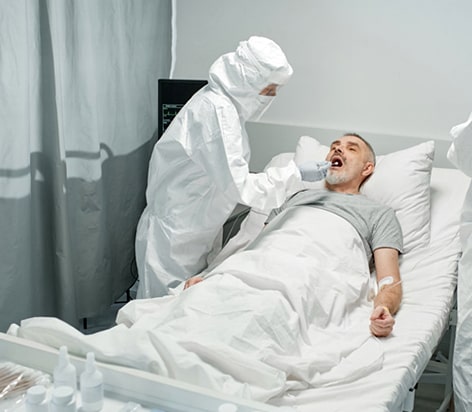
Viruses, bacteria, fungi, and parasites cause infectious diseases. The body is generally exposed to these organisms, some of which are helpful. However, in certain conditions, these organisms may cause diseases. The infectious disease may spread through direct contact or through animals or mosquitoes. It is necessary to consult the doctor if the patient experiences symptoms related to an infectious disease.